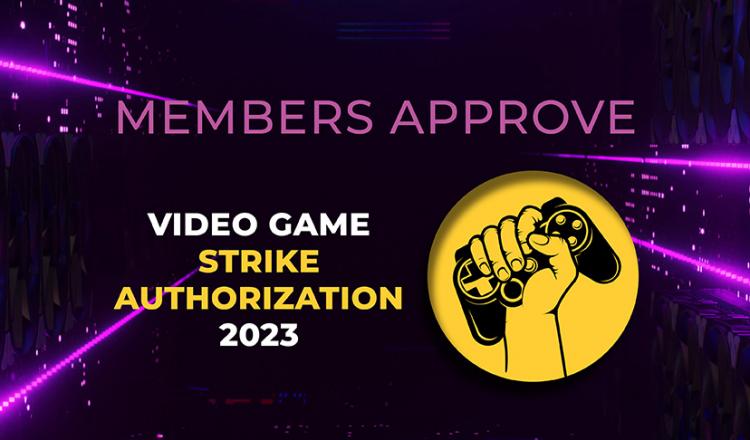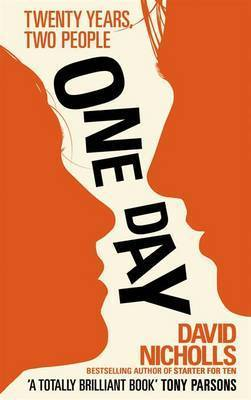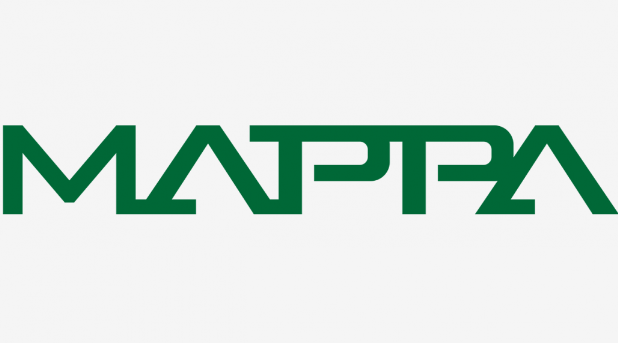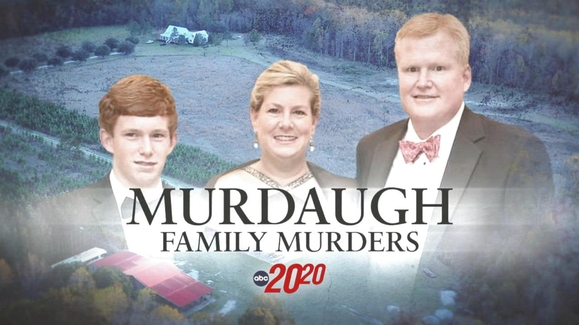On July 14th, the entertainment world was rocked when the Screen Actors Guild and American Federation of Television and Radio Artists union (SAG-AFTRA) declared a strike. Their contention? The disproportionate and dismal wages in the rapidly expanding streaming domain. High-profile actors like Aaron Paul of “Breaking Bad” fame and Kimiko Glenn, best known for her role in “Orange Is The New Black,” claim they have received negligible compensation from streaming giants like Netflix.
Though the television sphere remains embroiled in this standoff, a different yet equally significant industry may soon join SAG-AFTRA’s rallying call – Video Games.
Video games, with their vast appeal particularly among teens and young adults, have evolved into a colossal entertainment segment. Titles such as “Call Of Duty,” “Fortnite,” “Grand Theft Auto,” and “Minecraft” enjoy global popularity. However, beneath the polished images projected by corporations like Nintendo, lies a quagmire of worker challenges and inequities that SAG-AFTRA seeks to address.
A pivotal part of this video gaming narrative is the contribution of actors. While the general public is often oblivious to it, actors are integral to the gaming experience. Blockbusters like “Grand Theft Auto” and “Call of Duty” utilize voice actors extensively. And it’s not just about lending voice – games like “Just Dance,” “Detroit: Become Human,” and “Assassin’s Creed” employ motion capture technology, transforming real human movements into in-game actions. These roles, filled by actors, stunt performers, and dancers, unfortunately, come with minimal compensation. The advent of the video game industry and the nascent nature of motion capture means protective legislation for these workers remains absent.
The industry’s ongoing endeavors to leverage AI voices – a workaround to human voice actors – has also become a contentious point. SAG-AFTRA vehemently opposes this move, highlighting the potential loss of authenticity and jobs.
Beyond the world of acting, there’s an underbelly of challenges that game developers face. These unsung heroes, responsible for transforming imaginative ideas into playable games, grapple with issues that extend beyond wage concerns. One significant concern is ‘crunch time,’ a period leading up to a game’s release when developers are subjected to excessively long working hours, often without commensurate pay. Firms like Square Enix and Nintendo have come under scrutiny for this, with some developers reportedly working up to 70-hour weeks. The World Health Organization’s 2021 study indicated that approximately 745,000 individuals succumb annually due to overworking, a haunting testament to the intensity of this issue.
Through its initiatives, SAG-AFTRA aims to champion the rights of all stakeholders in the media industry, ensuring fair compensation and improved work conditions. For those inclined to support this movement, further details can be found at the linked website below.
https://www.sagaftra.org/



























